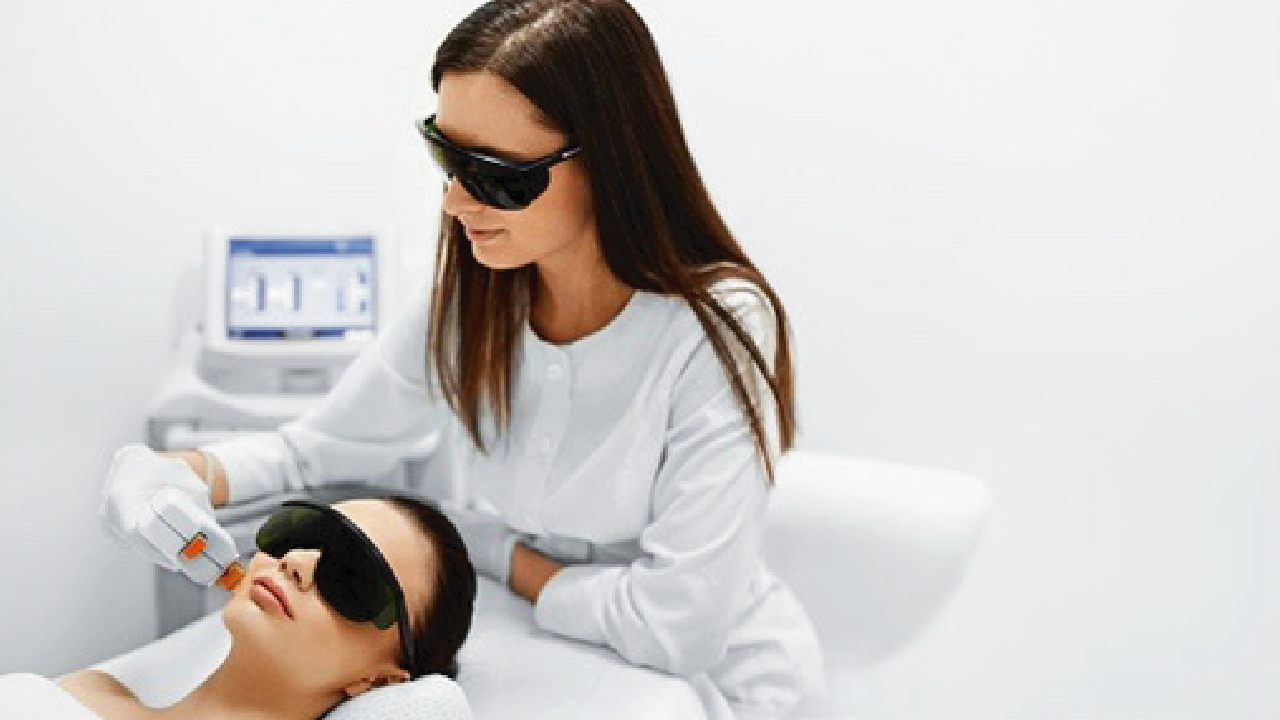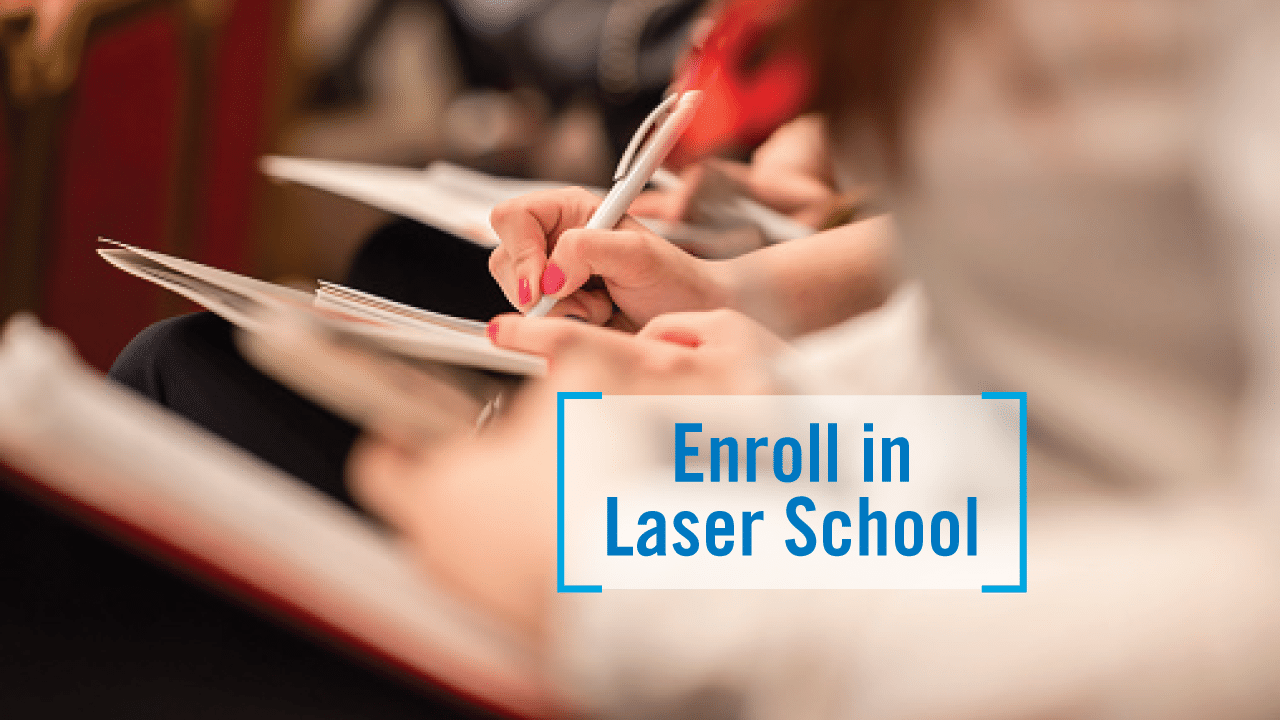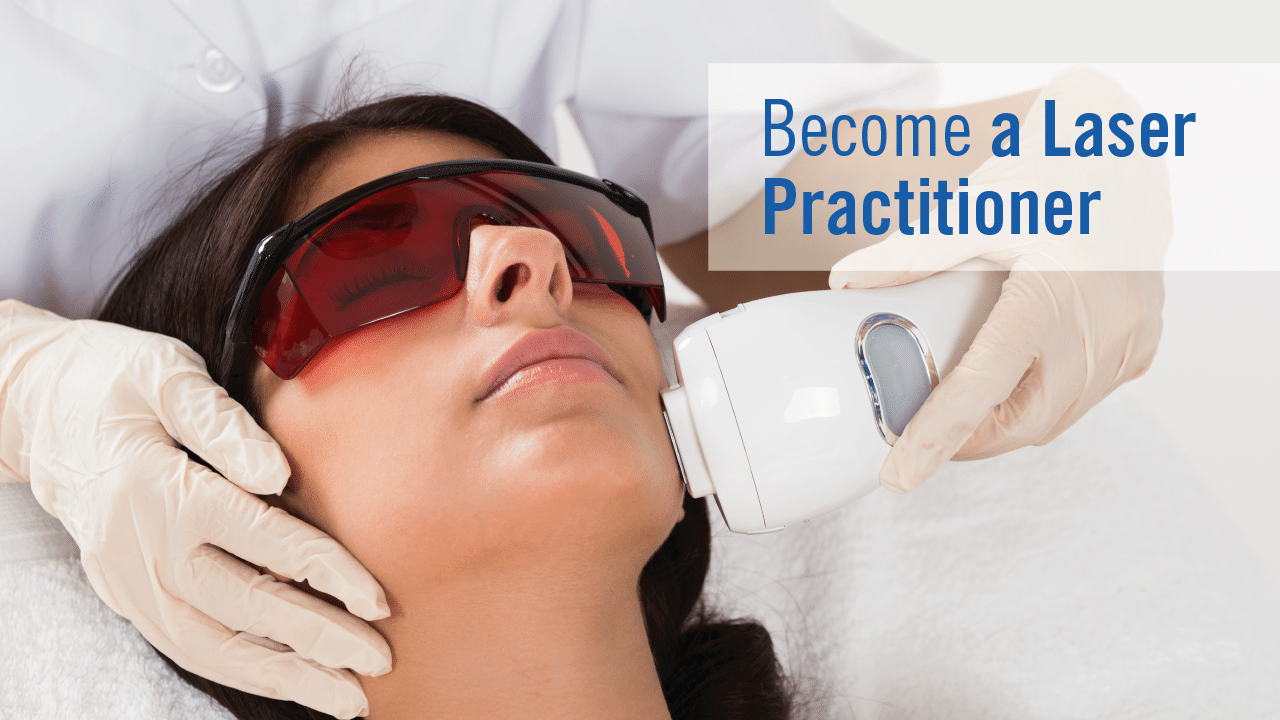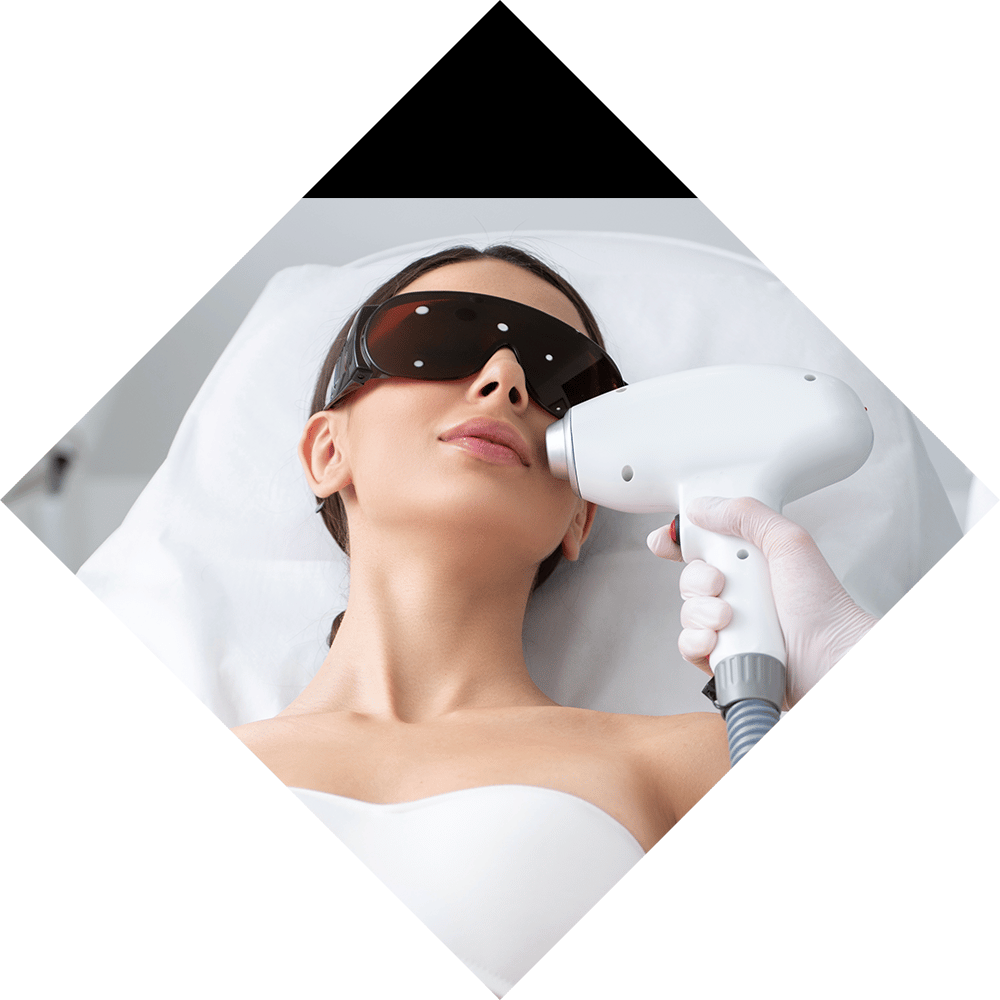The responsibilities and roles of an assistant laser practitioner offer a variety of exciting challenges and opportunities in modern health care, generally involving hair removal, skin tightening, and skin resurfacing. And, as with many specializations in healthcare, obtaining the ability to provide this care requires dedication and training, as well as some experience.
A licensed assistant laser practitioner must achieve at least three certifications in order to practice in the state of Georgia. These certifications are available from courses offered by various instructors and organizations. However, the experience and knowledge you receive in these courses can vary, and it is important to understand what you are looking for when pursuing certification.
Let’s look at what Georgia certification entails, the benefits of specific coursework, and the features of a course that will best prepare you for success as a licensed assistant laser practitioner in the state.
Requirements for Licensing
To obtain a license as an Assistant Laser Practitioner in Georgia, you must first be a licensed healthcare professional – this includes being a licensed practical nurse (LPN), registered nurse (RN), nurse practitioner (NP), physician assistant (PA), physician (MD and/or DO), or a licensed esthetician or master cosmetologist. Or you must have previously held a license as a RN, APRN, PA, or physician.
If you have any of these qualifications, the next step is laser training. In Georgia, the process requires that you obtain three valid laser training certificates before applying for your license. These certificates may be achieved via courses taught by a physician or someone who is an AACME-certified trainer.
These courses are offered by various entities throughout the state. For instance, in northeast Georgia, Longstreet Clinic – a trusted primary care and multi-specialty clinic with a 25-year history – offers education and training through its recently-formed Laser Institute.
Through the Laser Institute, trainees learn:
- How lasers work
- Safe use of lasers
- How to evaluate common skin/hair conditions
- What modality will appropriately solve the condition
- How to inform patients of realistic expectations
- How to deal with complications
- When to seek assistance from supervising physicians or senior laser practitioners
Led by experienced course instructors, Andrew Reisman, M.D., Medical Esthetician and Laser Assistant, Lisa Lamb, and Medical Esthetician, Michele Salazar, the Laser Institute ensures that each candidate is as prepared in a professional course environment involving lasers as much as possible. That means that candidates receive practical, hands-on training (which is a must for any course).
Once these certificates are achieved, candidates may seek employment to provide laser-associated care. However, it is important to understand that Assistant Laser Practitioners can only treat patients under the supervision of a physician or Senior Laser Practitioner.
(NOTE: To become a Senior Laser Practitioner requires the same achievements, as well as at least three years of clinical or medical technological experience. Clinical rotations in medical, nursing, or PA school do not satisfy this requirement.)
As chairman assistant laser practitioner of the licensure committee of the Georgia Composite Medical Board, Dr. Andrew Reisman notes that, “We generally see laser safety, laser physics, and laser and IPL hands-on training on our licensure applications.”
Consider the Type of Training Offered
When seeking the best courses for your education, there are other factors to consider. For instance, the laser(s) on which you will train may vary – as will the lasers utilized from practice to practice, and it is unlikely that you will train on the exact laser utilized by the practice that hires you. In fact, you will likely be trained further by your employer on the exact specs of their lasers once hired.
So, to set yourself up for the best career advancement possible, you should seek a class that offers training that covers a wide array of conditions. This method will provide you the best baseline of understanding and allow you to better comprehend new/different lasers.
For instance, Longstreet’s Laser Institute offers training with the Lumenis M22, a sought after, high quality multi-device platform that includes IPL, NdYAG, and 1565nm fractional laser. These three devices allow Longstreet practitioners to address concerns such as hair removal, skin rejuvenation, pore tightening, treatment of individual or diffuse pigmented areas, acne, scar revision, and prominent veins and capillaries that impact the beauty and quality of the skin. And since these modalities overlap, they can also be used together to repair and clarify the skin and free the patient of the need to shave.
Learning these aspects will give you a head start on your career as Aesthetician or Assistant Laser Practitioner.
Consider Class Length
There are many styles of coursework offered in laser training. However, you should choose the method that both ensures you will receive the training you need, as well as best suits your time constraints.
For instance, there are one-day classes available in which you can earn certification. This style of class is rigorous, but once completed, awards the candidate the three certificates needed for the license application – as well as saving time and money for the candidate by waiving the need for lengthy travel/stay concerns.
Consider Your Course Instructors
Learning from an expert and stimulating course instructor can also make a big difference in your career path. And while certification is the key to unlocking your future, not all training sets you up for success in the same manner.
For instance, Longstreet’s Laser Institute offers 19 years of experience via the guidance of Dr. Andrew Reisman, Lisa Lamb, and Michele Salazar, who make it a point to help course members gain the skills and knowledge needed to successfully enter the laser/aesthetics arena.
They ensure that their students fully grasp:
- Laser Hair removal
- IPL Photo facial
- Vascular lesions: Vein removal with Yag
- Skin Tightening
- Skin Resurfacing
And beyond basic laser practitioner courses, Longstreet Clinic also offers in-depth instruction on micro-needling and dermaplaning, as well as offers an externship with a licensed professional.
Laser practice in healthcare is booming. In fact, the U.S. Bureau of Labor Statistics expects the skin care specialist field to grow by 11 percent between 2018 and 2028 – which is more than double the rate for all occupations in general (which have a 5 percent growth rate expectancy over the same period). So, if you are interested in setting yourself up for a new career path, make sure that you follow the right path.
To learn more about Longstreet Clinic’s Laser Institute, including how to enroll in classes, simply contact us today at 770-533-6658 or visit our website.




